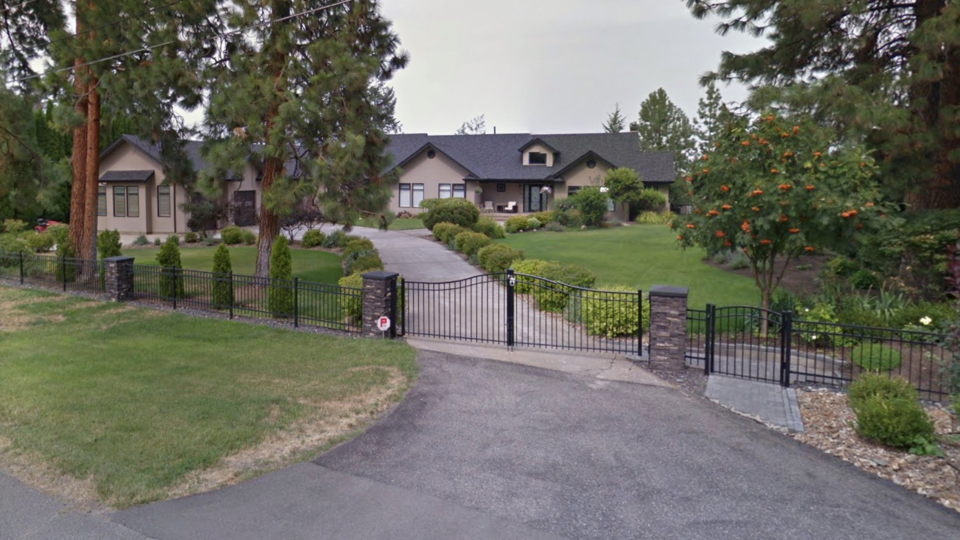A B.C. real estate brokerage has been granted the opportunity to appeal a $156,750 fine for non-compliance with the Proceeds of Crime (Money Laundering) and Terrorist Financing Act.
A federal court judge in Ottawa ruled on April 10 the Financial Transactions and Reports Analysis Centre of Canada (Fintrac) committed errors in assessing the penalty against Re/Max Kelowna, registered as Norwich Real Estate Services Inc. The brokerage does not deny it failed to report a suspicious transaction related to an between 2011 and 2019.
The brokerage failed to report the sale of two properties in Kelowna and Big White Resort when, as Fintrac asserted, “there were reasonable grounds to suspect that they related to the commission or attempted commission of a money laundering offence or a terrorist activity financing offence,” the court ruling summarized.
Fintrac had alleged, and the brokerage accepted, that by the time the two properties were sold, the brokerage should have submitted suspicious transaction reports concerning all of its client’s transactions relating to the properties.
However, brokerage owner Jerry Redman submitted that Fintrac misconstrued the penalty assessment.
Redman said the brokerage did not report the transactions at the appropriate time because, when the properties were sold, they were already subject to enforcement action by the B.C. Director of Civil Forfeiture. The brokerage therefore believed that reports to Fintrac were unnecessary, he said.
In fact, the sales of the properties required the approval of the civil forfeiture office.
The judge said in imposing the fine the act required Fintrac to take three things into account: “First, that penalties have as their purpose to encourage compliance with the Act rather than to punish; second, the harm done by the violation; and third, the appellant’s history of compliance with the Act and related regulations.”
Such factors are to be re-assessed by Fintrac in a redetermination of the fine amount.
that according to an August 2019 forfeiture claim, Norwich accepted $101,000 in April 2017 from Cuatro Cienagas Inversiones Ltd. (CCIL) via unregistered virtual financial firms located in international jurisdiction.
Those firms were controlled by Roger Knox, who operated Swiss asset management firms Wintercap SA and Silverton SA to conceal illegal securities trading.
in a U.S. prison for criminal securities fraud in October 2023.
In January 2017, CCIL was a newly incorporated Hong Kong company controlled by “one or more of” Benjamin Kirk; his wife, Kayley Tyne Johnson; and a Mexican resident named Carlos Gomez Brana.
Redman would not comment if Kirk is related to one of the firm’s two managing brokers who bears the same last name.
CCIL, according to the now-settled B.C. government claim, bought a $1.6-million property at 1214 Mission Ridge Rd. on May 18, 2017, following the transfer to Norwich (Kelowna RE/MAX).
The rest of the cash went through an unnamed Kelowna law firm. All the money originated from the virtual accounts and the Swiss firms. Even more money flowed to CCIL to purchase a Big White ski resort property for $524,000 cash, on Jan. 10, 2018.
The forfeiture office successfully had CCIL, Kirk, Johnson and Brana pay it $2.15 million, per an Aug. 18, 2021, consent order that forced the sale of the properties.
from the U.S. Securities and Exchange Commission, in relation to the far-reaching scheme that involves over a dozen British Columbians, including former lawyer and offshore shell facilitator Fred Sharp, who the commission described as the “mastermind” forming a group of co-conspirators. Some have been found liable for civil fraud and some face unproven criminal allegations.
The case against Kirk remains before the courts and allegations are unproven.




